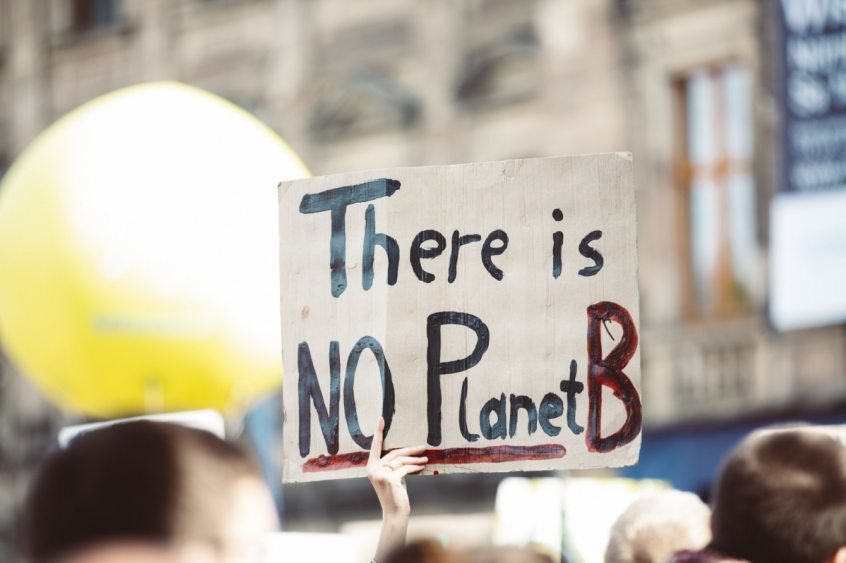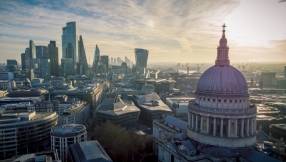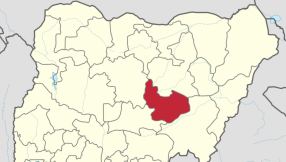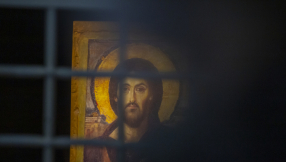
The Church is in danger of a "Rip Van Winkle" moment if it fails to recognise the seriousness of climate change, evangelical theologian R David Muir has warned.
He was one of the speakers at an event exploring the interface between race, faith and climate justice hosted by the Evangelical Alliance as part of Black History Month.
Rip Van Winkle is the main character in the short story by Washington Irving who sleeps through the American Revolutionary War and awakes to find a world he no longer recognises.
"Poor old Rip had been asleep through a revolution. I'm praying and hoping that we won't be asleep through the revolution that's taking place in our day, in our age and in our time," said Muir, head of Whitelands College at the University of Roehampton.
He said the world was in "pretty dire times", and that it is wrong for some Christians to claim there is no need to care about climate change.
"I think it raises fundamental questions about our stewardship of the environment that God has actually given us," he said.
He went on to say that the relationship between climate justice and racial justice "is very, very real".
"Because the Global South are still suffering as a result of industrialisation and as a result of capitalism, as a result of the way that Christianity has to some extent legitimated and, dare I say it, baptised and sanctified capitalism and rampant accumulation," he said.
"And we want to ask ourselves the fundamental question: how can we live simply that others might simply live? And that's going to mean thinking seriously about the nature of our consumption."
Mr Muir said that addressing climate change was something the Church should be showing leadership on.
"If the Church can't give leadership on such a global issue, I think we are in trouble," he said.
"We can't change the world overnight, but the Church is universal and if all Christians take this issue seriously, and find a radical theology then I think God will be telling us to wake up, to keep striving to help the poor, and be good stewards of His creation."
Dr Ruth Valerio, Director of Global Advocacy and Influencing at Tearfund, agreed with the need for the Church to be more alert to the challenges presented by climate change.
Asked what she thought God was saying to the Church in this moment, she said it was "wake up!"
"The Church is like a sleeping giant and it feels like it's beginning to wake up, it's beginning to get out of bed, but actually if we could really wake up, wow, what a powerful movement we would be," she said.
Amanda Khozi Mukwashi, CEO of Christian Aid, said climate change was compounding existing challenges in impoverished communities and that in terms of who the poor and hungry are, "women sit right at the bottom of that pyramid".
"[Climate change] interacts with existing inequalities in our societies and in our communities and it worsens them. It doesn't make them better," she said.
"[It] will impact the poor and vulnerable much more strongly and swiftly than it does those that are better able to provide for themselves."
She said the interface between climate change and racial inequalities is "strong" not only in other countries but in the UK.
"In the United Kingdom we talk about the industrial revolution and how we've continued to grow economically, we're the fifth richest country in the world, but what has been the cost and who is paying the price?" she said.
"So when we talk about global emissions, those are some of the social justice issues that intersect with climate change, gender justice and racial inequality and when you put those together what you find is that black and brown people and people of colour regardless of where they are in the world are worse off."
Mukwashi said that while it was commendable that the Pope had this week called together Christian leaders on climate change, the Church must also recognise where it has been part of the problem.
"We must start with acknowledging the wrongs that we have done and our role in contributing to the injustice that is being experienced at the moment. We can't skip that bit," she said.
"So we need to talk about it openly and say: you know what? We were wrong, we benefitted, we profited off the back of black and brown people around the world and people of colour. It is now time to restore. Yes there is forgiveness, but there has to be restoration.
"We shouldn't be afraid to have that conversation. Let's be uncomfortable but let's not be afraid to have that conversation."
She also addressed the theology of Christian climate deniers.
"In terms of those who say, oh, but the world is going to come to an end anyway ... I'll tell you what: I don't want to help the world to come to an end."













